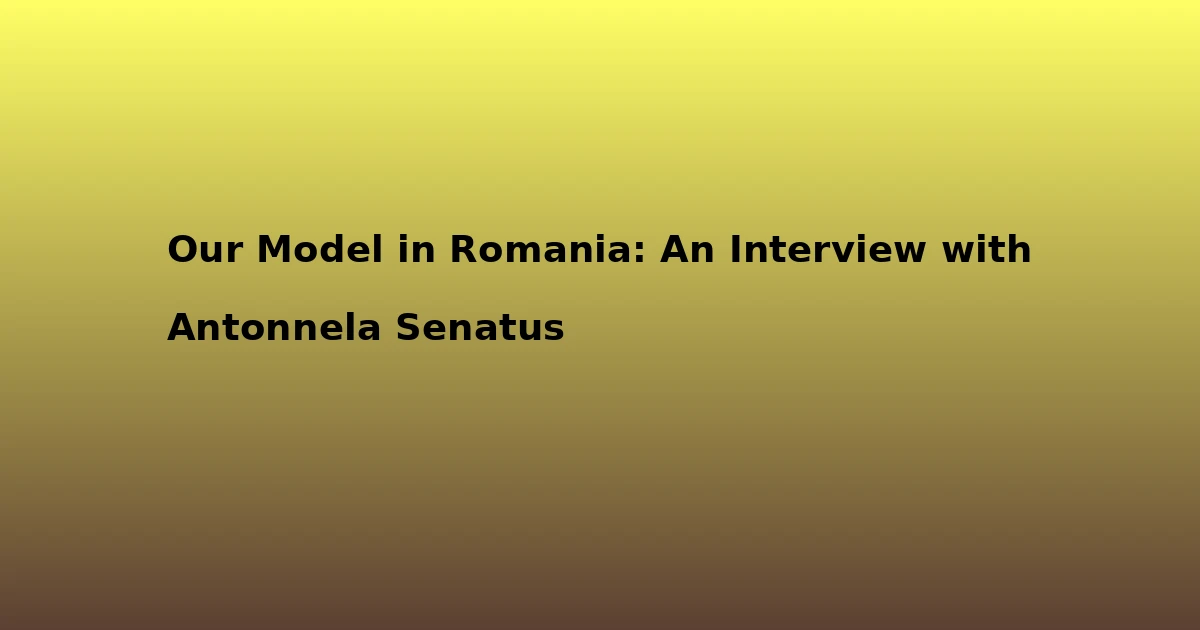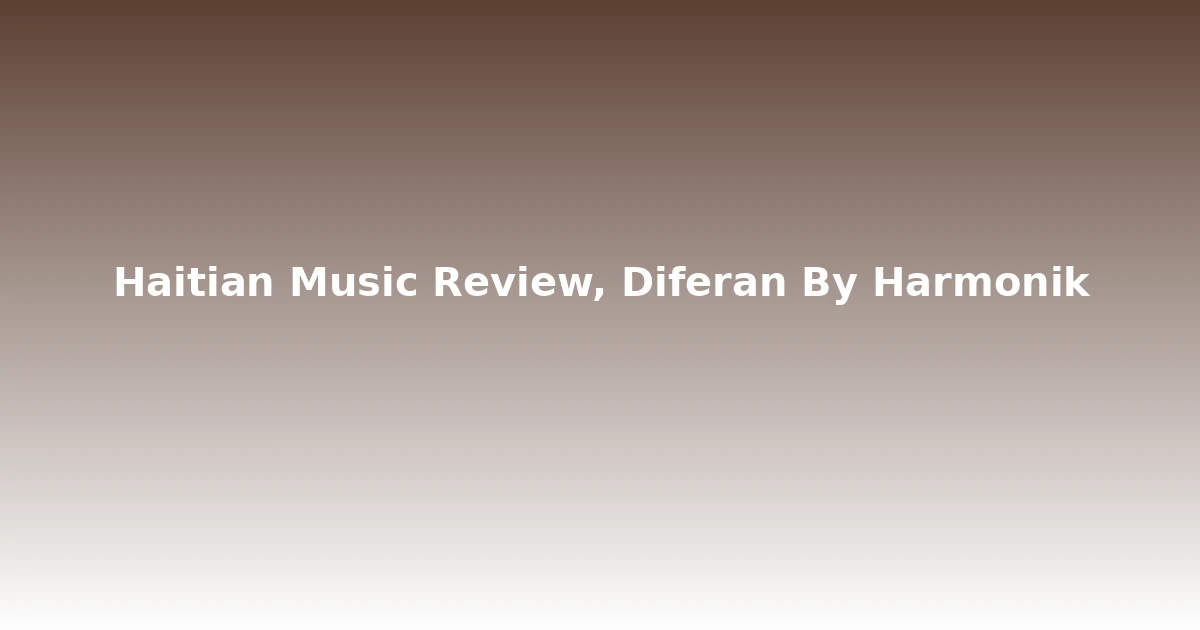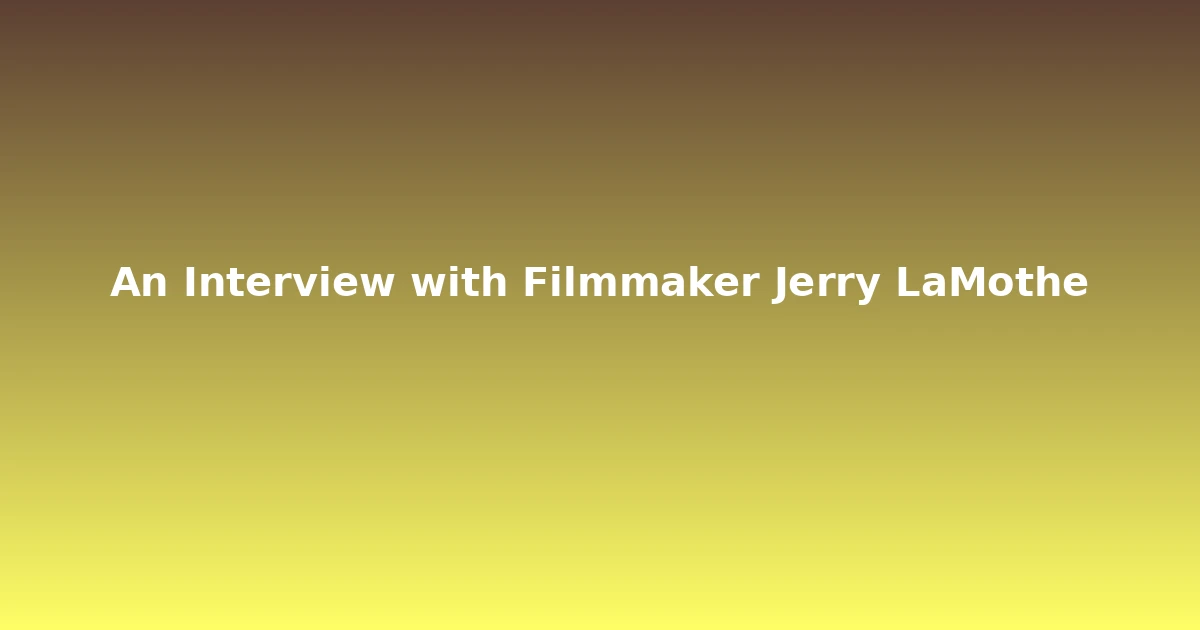When most people meet Francie Latour, they’re probably surprised to learn that she only has two hands. After all, she is a journalist, , , a mom and a wife who is raising three biracial children in New England. Latour has also worked as an editor for various colleges and universities.
Her writing career has included bylines in magazines like Essence, Ebony, The Washington Post’s , and to newspapers like the Boston Globe, where she’s written about everything from race, to ethnicity, multicultural identity, parenting and education. She’s recently added diversity programming in higher education to her list of activities. It’s certainly different from everything else on her resume, but it is something she absolutely loves.
Are you curious already about what she might have to say about Haitian-American identity, Haiti, and other assorted matters? Indulge your curiosity a bit and read her thoughts.
Q & A
What was it like growing up in a Haitian-American household?
For me, growing up in a Haitian-American household meant having a very early awareness of hyphens, and early experiences navigating hyphenated identity. “Francie” is actually a nickname. My given name is Marie-France — a name that expressed my parents’ love for French culture, but also deeply personal hopes (“Marie” comes from my mother, Marie-Gilberte, “France” comes my father, Frantz). From early on, I felt that hyphen as both a bridge and a tightrope between very different cultures and very different parents.
As a kid everyone called me Chou-Chou, which seemed like the best thing in the world –until I got to school in suburban Philadelphia, and then it was the worst thing in the world. As a child, there is often nothing more powerful than the feeling of wanting to belong. In the 7th grade, when I changed schools, I changed my name to Francie (and asked my family to please never call me Chou-Chou in public!).
It took me a while to come back to embracing the Haitian half of my Haitian-American identity. Now, when I take my kids to their favorite Haitian restaurant and watch them wolf down the food, I take a huge breath and smile. But I also wonder how much more they might identify as Haitian themselves if I hadn’t spent so much time trying to be as American as possible for so long.
Politics was a big thing growing up in my house. I can remember friends of my parents coming over late at night, settling into the couches in our basement with some acra and a glass of wine, and shouting at the top of their lungs about Duvalier and Manigat and Namphy. Really, really loud.
It was amazing. Even when I was too young to understand who or what they were talking about, I could sense their raw passion and the incredibly high stakes involved, because politics and basic human rights were always completely intertwined. The other big thing in my house was excellence. “If you’re going to be a street sweeper, be the absolute best street sweeper.
That’s all I care about,” my mother used to say. It was expected that we would study hard and do really well in school. A love of learning and a desire to achieve are the biggest gifts my parents have given me in life.
Writing is definitely your first love. How did this love for writing and journalism develop?
I used to go to my father’s office and write on his manual typewriter. The keys were incredibly shiny and rounded, and I loved the sound and the feel of pushing the carriage-return lever.
But I didn’t think seriously about writing as a career until college, when I got a “D” in calculus and realized I would never become a doctor. I think, too, I was aware of the impact of journalism in both the American and Haitian contexts. Even though I was not born in Haiti and didn’t grow up there, the awareness that people have died for the things they have written colors how I feel about what I do, and has helped me not to lose focus in the choices I’ve made in my career as an American journalist.
With technology, it would seem that everyone, and anyone can be a journalist.
Yes, that’s true. I think that’s both a good and bad thing. There’s a lot that the American media doesn’t get, doesn’t get right or completely ignores.
I think those flaws are more obvious now, because there is so much more access for people who are not in the media to have their voices heard and even be extremely influential. At the same time, there’s a way that viral-driven media shapes conversations or walls out other conversations that I find troubling. A couple of bloggers start commenting on Olympic champion Gabrielle Douglass’s hair, and then another blogger who’s more established than blogs about what they said, and then someone from the Huffington Post gets it on their radar, and before you know it the issue of Gabby Douglass’s hair has become a thing.
Was it ever a real cultural phenomenon? Was it manufactured? How can we know what’s really important or what’s really relevant?
You seem the type of person who might have a book in her.
I’ve been told this, although being the type of person to write a book and being an actual person who writes an actual book are very different things! I’m not terribly disciplined. And I fear failure. The fear of attempting to write a book and never finishing it or never having it be published or it not being excellent trumps the desire to attempt it.
The Boston Globe actually had you on staff at one point. What was the experience like, working for one of the biggest dailies in the world, and one of the most prestigious newspapers in the USA?
Working at the Globe shaped me in very formative ways. I learned more about things that mattered in the world, things that matter in a workplace, and things that matter to me than in any other job I ever had and probably will ever have.
Newsrooms are exciting places to be. Because the environment is consuming and intense, the relationships are also. Many of my closest friends and mentors are people I met through the Globe.
What if you were in a room with aspiring writers? What advice would give to them?
Read read read read. The best way to become a better writer is to read, and to study the architecture of every good piece of writing you come across.
You are raising bicultural children? What have you learned so far in multicultural parenting?
My kids are still very young—7, 4, and 3—so their understanding of skin color, difference, culture and race is still limited. But I’m struck by how powerful messages about all of those things can take hold, even in kids so young.
Like a lot of biracial siblings, my kids all have different complexions on the light-dark spectrum. I was in the car with my two oldest one morning when my daughter, who was 3 then, was trying to tease her older brother. Out of the blue she said, “And I’m lighter than you!” And my son, who was 6, said, “No you’re not!
You’re medium and I’m medium!”. I could barely maintain my lane on the road. At 3, my daughter had already been exposed to and apparently digested the societal message that lighter is somehow better. It was an early taste of many things I’m sure are coming down the pike in figuring out how to help them understand themselves and embrace all of who they are.
We live in a very small rural town, where most of my husband’s large Irish-American family is from. There is one stoplight in our town, and almost no people of color. When I’m with the kids, I don’t actually spend much time there.
I get them in the car or on the commuter rail and we go to Boston or Cambridge. At first I got a little crazy trying to plan these structured outings, wanting to create these perfect, transforming capsules of experiencing diversity. Now I don’t do that.
I often don’t know exactly where we’ll end up or if anything will be going on when we get there, but I focus on being in neighborhoods or spots where I know they are going to be interacting with kids who look different, speak different languages, etc. I also take them to NYC every chance that I get to spend time with family on my mom’s side, who all live there. It sounds obvious, but one thing I try to be mindful of is that neither my husband nor I can fully know our kids’ experience.
I know what it’s like to grow up in America as a black person with two black parents. My husband knows what it’s like to grow up in America as white with two white parents. Our kids are experiencing something much more blended and layered. The most important thing I can do for them is to make sure that they feel at home in the world and that they never feel divided against themselves.
How have you seen Haitian and Haitian-American identity change over the years?
That’s a really interesting question. I think the emergence of some Haitian-Americans in pop culture, like Wyclef, for example, has been a great thing just in terms of people understanding the beauty and vibrancy of Haitian culture, and how it is deeply rooted but also expansive and feeds off of other cultural influences. Politically it’s been interesting to see the rise of Haitian-Americans winning elected office in the US.
So much of the political conversation and investment and gaze in the diaspora has been focused on Haiti, and still is for obvious reasons. But it’s great to see Haitian-Americans staking their claim in solving problems for their communities and claiming leadership roles in districts and communities that are largely non-Haitian. I think the earthquake has had and continues to have powerful ripple effects in connecting Haitian-Americans back to Haiti – and in doing so, strengthening peoples’ sense of their Haitian-ness and pride in that.
People want to rebuild and raise money and address problems and demand accountability in government, but that’s not all they want. They also want to tell Haiti’s story as a story that is not just defined by extreme poverty or corruption. That’s an amazing thing.
Do you see Haiti playing a big part in your life, and the life of your children as well as the lives of other Haitian-Americans in the near future?
I think one of my biggest regrets is never having had a chance to live there and grow up there for a significant period of time. I would love for it to play a role in my kids’ lives and I continue to explore it in my own life. About a year ago, my mother sat down and told me a story about the family of her godmother being targeted under Duvalier.
Many members in this extended family were killed, including small children. I’m 41 years old; my mother is in her 70s. I couldn’t believe I had never heard this story before, and it made me want to stop everything and spend a week doing an oral history with her. There are a lot of things I want to know and need to ask if I want my life and my kids’ lives to have that connection.
Last Updated on December 2, 2025 by kreyolicious



